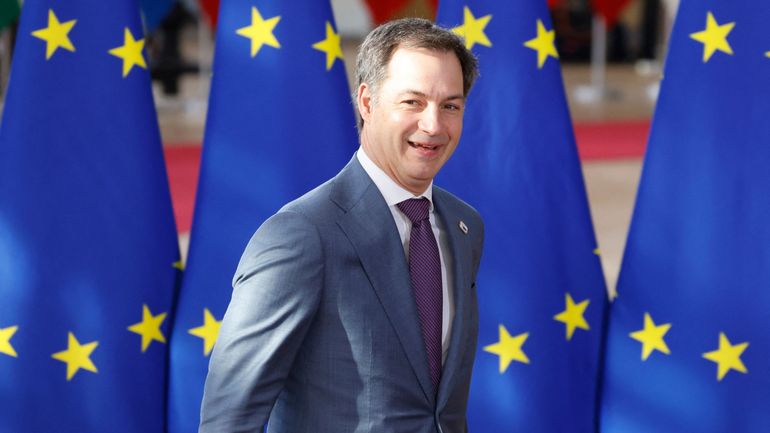Belgium will assume the rotating EU Presidency from Spain on 1st of January and chair it until 30th June 2024 when it will hand it over to Hungary. During this six-month period, the country will lead the work of the Council of the European Union, building co-operation and agreement between the member states.
Former Belgian Prime Minister, Charles Michel, is the current head of the European Council, which sets the broad lines of EU policy. With the European Parliament elections in sight in 2024, Belgium’s presidency of the Council of the EU is the final one of this legislature, begun in 2019.
As this will be the thirteenth time Belgium holds the Presidency, it has much experience to build on and the Belgian government is confident that it will manage it well despite the many challenges it will face.
As previously reported, Prime Minister Alexander De Croo and Foreign Minister Hadja Lahbib made the case for Belgium’s unique and close relationship with the EU to drive its Presidency at a press conference in beginning of December – it was the first country to hold the role in 1958. Belgium comes also well prepared with a detailed programme outlining what it plans to do.
However, the government admitted that the EU stands at a crossroads, dealing with the consequences of the Russian illegal aggression in Ukraine, the aftermath of the pandemic, the energy crisis, disinformation, extreme climate events, and a renewed conflict in the Middle East. Some of these challenges are captured in Belgium’s chosen motto “Protect, Strengthen, Prepare”.
With the motto as a guiding star, Belgium's six priorities during its Presidency will be the promotion of the rule of law and democracy; strengthening economic competitiveness; pursuing the green transition; reinforcing the social agenda; protecting borders and people; and promoting a global Europe.
The Belgian Prime Minister noted in early December that there were around 150 open files during the Presidency. Since then, one of the most difficult files has been resolved with the political agreement before Christmas on the controversial reform of EU’s migration and asylum policy.
EU Presidency in phases
Considering the final European Parliament plenary is scheduled for the end of April, before elections take place in June, the window of opportunity to finalise compromises will start to close by February or March. Pre-agreements will then need to be converted into legislation for approval by the co-legislators (the Parliament and the Council).
Among these files are final discussions on new rules regulating member states’ fiscal budgetary policies, the revision of the EU’s 2021-2027 budget (coupled with significant aid to Ukraine), and legislation promoting clean technologies in Europe.
As the last presidency of this legislature, Belgium will also help the 27 members shape their political priorities for the next period (2024-2029), such as the possibility of expanding the Union to 30 or more member states, coupled with a reform of the Union itself.
Alignment on open dossiers is still expected from several member state capitals. Therefore, the rule of law, competitiveness, ecological transition, social programme, asylum and migration, and foreign policy are the priority themes for the next six months.
Amid this pre-election season, Belgium’s presidency of the European Union provides opportunities for federal and regional ministers to preside over high-profile meetings, with several informal councils decentralised across the country.
A senior diplomat in particular, Willem van de Voorde, the Belgian Permanent Representative to the EU, will be in charge, as many of the Council’s political decisions are made during meetings with the 27 national ambassadors, which he will head.
At a press briefing last week, he sounded optimistic when he elaborated on the main priorities and challenges ahead. The legal texts for new legislation should be published before the European Elections, he said. During March – April, the Belgian Presidency plans to prepare Council conclusions on enlargement and EU’s internal form process. It plans also to draft a paper on EU strategic agenda towards the end of its Presidency.
The European Commission has expressed serious concerns about the rule of law in Hungary. The country is also subject to an article 7 procedure which could result in suspension of EU membership rights. Asked about Hungary, which will take over the EU Presidency after Belgium, the Ambassador replied that technically another member state could take over the rule of law issues from Hungary during its Presidency.

